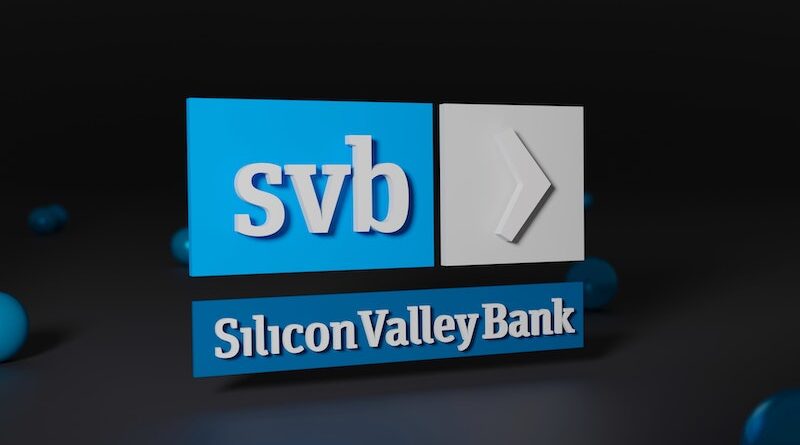Silicon Valley Bank Collapse Affects Some Local Companies
Silicon Valley Bank’s collapse March 10 made headlines across the globe, and its effects were felt beyond Silicon Valley, including in Dallas.
The bank, which has three locations in Texas, including one in Richardson, provided financial services to many startups and tech companies. Among the Dallas-area businesses impacted by the bank’s collapse were rideshare company Alto and Mark Cuban’s Cost Plus Drugs.
Per the New York Times, SVB raised the alarm of investors when it said it needed to raise about $2 billion in capital to bolster its balance sheet. The bank was forced to sell a bond portfolio at a nearly $2 billion loss. The bank ultimately failed after March 10 after a run on deposits.
After the collapse, Alto CEO Will Coleman told KRLD March 13 that his company has a debt facility and “most of” its deposits with SVB.
Specifically, Coleman said most of the company’s money was in a mutual fund brokered by SVB, but on deposit with Morgan Stanley.
“Luckily even from the beginning our cash, at least the vast, vast majority of it, was secure, the big question for us was just how are we going to access it today given that the feds had turned off the front end of SVB”s banking portal,” he said.
Cuban said on Twitter that he had “zero personal funds” with SVB, but several of the companies in which he invests did and estimated his exposure at $8 to $10 million.
“Where were the regulators? They are supposed to watch and warn,” Cuban wrote.
A 2010 law signed by then-President Barack Obama after the 2008 financial crisis placed stricter regulations, including annual Federal Reserve “stress tests” among other requirements, on banks with at least $50 billion in assets. In 2018, then-President Donald Trump signed a law that changed that threshold from $50 billion to $250 billion. The change meant banks like SVB, which reportedly had assets below $250 billion, weren’t subject to the stress tests and other requirements.
The Federal Reserve and FDIC announced March 12 that they would cover deposits at SVB and Signature Bank in New York, which was also closed by regulators.
President Joe Biden discussed the matter March 13.
“All customers who had deposits in these banks can rest assured — I want to — rest assured they’ll be protected and they’ll have access to their money as of today,” Biden said. “No losses will be borne by the taxpayers. Instead, the money will come from the fees that banks pay into the Deposit Insurance Fund.”
He said investors in the banks, though, wouldn’t be protected.
“They knowingly took a risk and when the risk didn’t pay off, investors lose their money. That’s how capitalism works,” Biden said.








